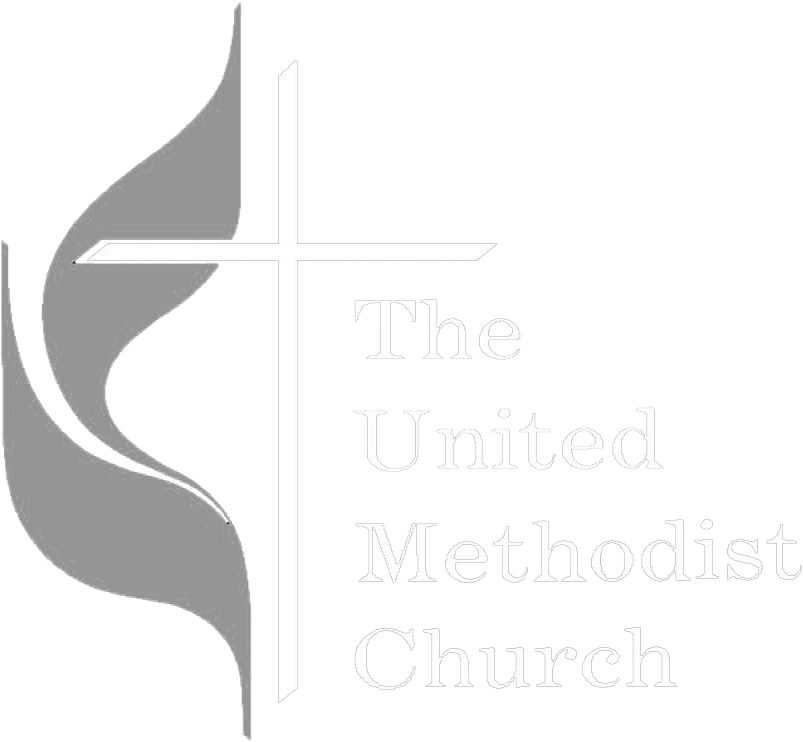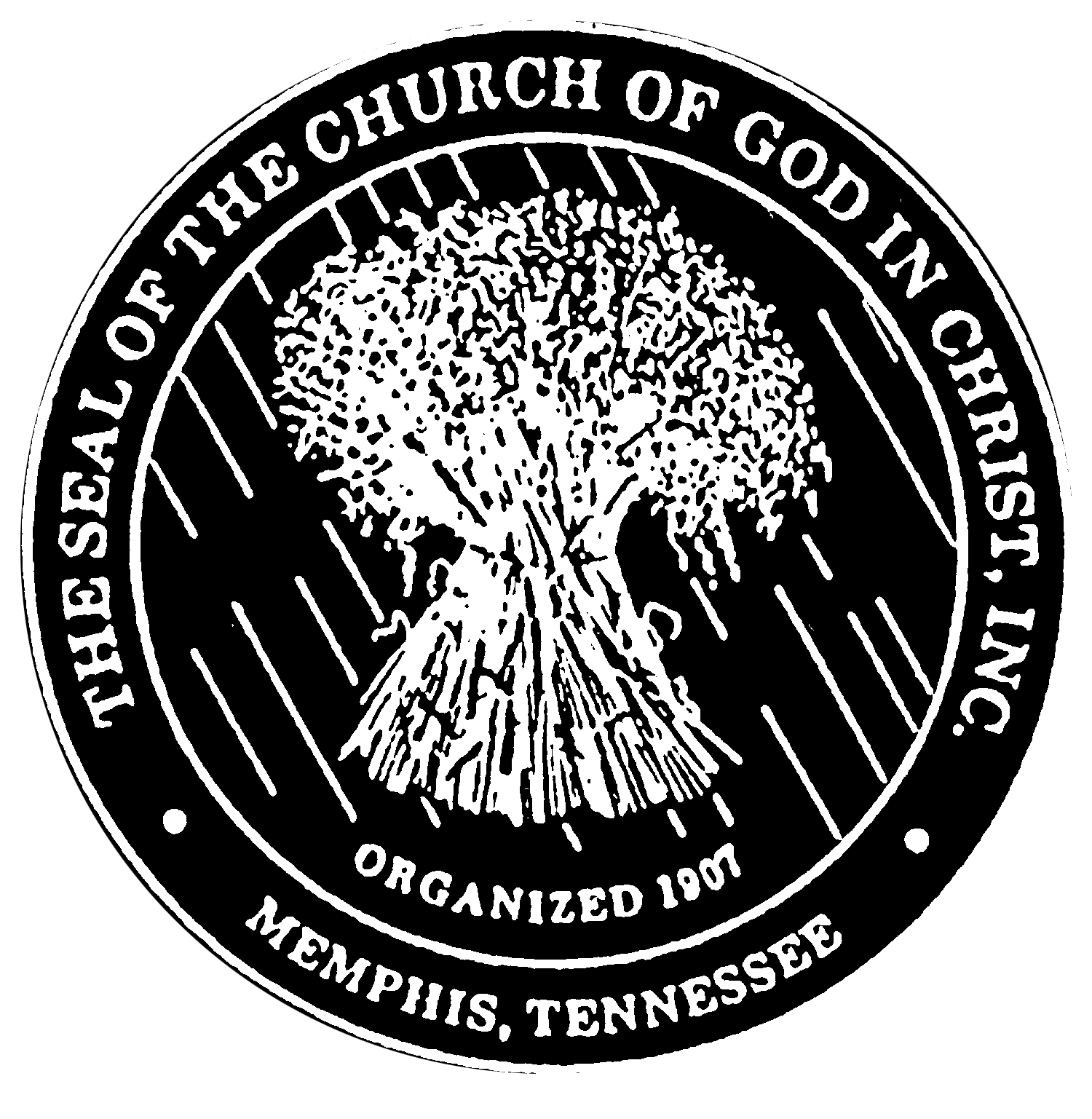Walking With God In The Age Of Apostasy

In II Timothy 4:2-4, the apostle Paul talks about the last days and says, “Preach the Word; be instant in season, out of season: reprove, rebuke, exhort with all longsuffering and doctrine. For the time will come when they will not endure sound doctrine; but after their own lusts shall they heap to themselves teachers, having itching ears; And they shall turn away their ears from the truth, and shall be turned unto fables.” Paul says in days of apostasy, preach the Word. People will have itching ears. They will want to hear ear-tickling messages, but Paul says preach messages that are spine-tingling. In days of apostasy, strong preaching is needed like the preaching of Jude.
 Enoch is an Old Testament character mentioned in the book of Jude, verse 14. What do you know about Enoch? Probably you remember the account in Genesis 5 which tells us about this man, Enoch. He was as Jude tells us the seventh from Adam. Enoch lived in days of apostasy. Enoch lived right before the days of the flood. He lived in that period of time just before God judged the world through the flood.
Enoch is an Old Testament character mentioned in the book of Jude, verse 14. What do you know about Enoch? Probably you remember the account in Genesis 5 which tells us about this man, Enoch. He was as Jude tells us the seventh from Adam. Enoch lived in days of apostasy. Enoch lived right before the days of the flood. He lived in that period of time just before God judged the world through the flood.
In days of pollution, in days of corruption, and in days when the majority of people were going according to the culture of the time, Enoch dared to be different. Enoch walked with God. That proves that it is possible in days of apostasy, for Believers to walk in close fellowship with God. The Bible says that Enoch walked with God and that God took him; he was translated and no longer on the earth.
Enoch walked with God and because he walked with God, God took him out of that sinful world just before judgment. Enoch becomes a picture to us in the Bible of the event we know as the Rapture. The Bible says just before the days of judgment, there is going to be a rapture and God’s children are going to be caught away. God’s children are going to be raptured away and then judgment will come.
What else do we know about Enoch? We also learn in verse 14 of Jude, that Enoch was a preacher—a prophet of God—who spoke the Word of God in his day. It says, “And Enoch … prophesied of these, saying.” He Prophesied in the Old Testament. Enoch prophesied back in his day about the coming of the Lord and the coming of judgment.
We have no record of this particular statement in the Old Testament. Nowhere will you find that Enoch preached this particular message, as Jude reveals to us. There was a non-biblical book, in Bible days, known as the Book of Enoch. You will find reference to the preaching of Enoch and this prophecy in the Book of Enoch. Sometimes Bible writers would quote from extra Bible sources.
For instance, the Apostle Paul does this in Acts 17 when he stood in Athens and preached the Gospel to the Athenians. He quoted in verse 28 from one of their poets. So, from time to time, the Bible writers would reach into extra-biblical literature and they used the material. This means that all truth is God’s truth. It means that if the Bible puts its stamp of approval upon it, then it is truth. God has revealed truth in many realms and sometimes that truth is even in non-biblical realms. How do we decide whether it is true or not? You bring it to the standard of God’s truth—the Bible. Jesus said about the Bible, “Thou word is truth.” He didn’t say thy word is true, although it is, but rather thou word is truth. Truth is that by which everything else is determined to be true. If the Bible validates it and if it is consistent with the standards of God’s Word, then it is true.
Enoch prophesied, we are told here, and he prophesied a message of judgment to come at the coming of the Lord. In a day of apostasy, in days when people like Paul predicted would come in our day, people had itching ears, Enoch preached a message that was unpopular.
I believe we are living in the days of apostasy. All around us, there is tremendous pressure on the Church not to preach the truths of Scripture. But in these days, when people have itching ears for messages that please themselves and for messages that minister to their self-esteem, God says “Preach the Word.”
In these last days, the message of judgment needs to be preached. The principle of judgment is written into the very moral laws of God’s universe and it is specifically taught throughout the Bible. Amos’ words are pertinent for our day: “Prepare to meet thy God” (Amos 4:12). The Bible says there will be a judgment day. Somehow it is written not only in God’s moral universe, it is also written deep in the human heart. Though it may be unpopular and people may not want to hear it, deep down in their souls they know that indeed there is a day of accountability. There is a judgment day when all will have to give an account to God and what they did with His Son the Lord Jesus Christ.
I. We Need To Live With The Substance of the Prophecy
 What did Enoch prophesy to his day? What are the truths that can be gleaned from the substance of this prophecy that will speak to us in our day too? He says, “Behold the Lord comes with ten thousands of his saints.” This reference is obviously not to the first coming of Jesus. The Old Testament predicted the first coming of Jesus and it also predicted the second coming of Jesus.
What did Enoch prophesy to his day? What are the truths that can be gleaned from the substance of this prophecy that will speak to us in our day too? He says, “Behold the Lord comes with ten thousands of his saints.” This reference is obviously not to the first coming of Jesus. The Old Testament predicted the first coming of Jesus and it also predicted the second coming of Jesus.
But when you read the Old Testament prophets you will find that sometimes they viewed both comings of Jesus Christ as if they were one event. In fact, there are some passages in the Old Testament where in one verse it refers to the first coming of Jesus and in the next verse, it refers to the second coming of Jesus. This is what Jesus was reading when He went into the synagogue in Nazareth. The scroll of Isaiah was brought to Jesus. Jesus read a portion of a prophecy from Isaiah that predicted His first coming. The rest of the prophecy, which He did not read, had to do with His second coming. Having read the part about His first coming, He closed the scroll and said, “This day is this prophecy fulfilled in your ears.” He didn’t say the rest was fulfilled in their ears because it would not be until He came again.
Some have described what the Old Testament prophets saw as if a person were looking at two mountains in the distance. Have you ever looked at two mountain peaks in the distance? From your perspective, it appears that those two mountain peaks are the same. In fact, it seems as if there is one, when in fact, there may be two different mountain peaks. Between them, there may be a valley. That is exactly what you get in prophetic Scripture. There is the first coming of our Lord. Then, there is that age between the first and the second coming which is the age of grace, the age of the church, in which we are currently living. Then, there is the mountain peak of the second coming of the Lord.
Enoch said, “behold the Lord comes with ten thousands of His saints.” Not His first coming to be the Savior. But His second coming to be the judge. He says the Lord comes with His saints. When Jesus was on this earth, He specifically predicted that He was going to come back again. John 14 has comforted many of our hearts in times of bereavement and sorrow. Jesus said, “Let not your heart be troubled, you believe in God believe also in me. In my father’s house are many mansions. If it were not so I would have told you. I go to prepare a place for you and if I go and prepare a place for you, I will come again and receive you unto myself.” He came the first time and He has promised He is going to come again the second time.
The Apostles picked up the refrain of the second coming of Jesus. As the Lord ascended back to heaven the Apostles were standing there and two angels, said “you men of Galilee, why stand you gazing up into heaven? This same Jesus who is taken up from you into heaven shall so come in like manner as you have seen Him go into heaven.”
Thus, the Apostles began to say, “The Lord is coming, the Lord is coming.” In fact, these early Christian believers had a little word that they shared with one another. Sometimes when they would dismiss their fellowships they would whisper in one another’s ear, “Maranatha.” Sometimes in meetings, they would say to one another, “Maranatha.” Maranatha means, “the Lord cometh.” They lived in the expectancy of the return of our Lord Jesus Christ. If early Christians 2,000 years ago, lived in the expectancy of the coming of our Lord, we are 2,000 years closer to the coming again of Jesus than they were. Our words should be, Maranatha. Maranatha. The Lord is coming. The Lord is coming!
Enoch said he was going to come with ten thousands of his saints. The phrase literally means “with myriads of His holy ones.” Myriads— an inestimable number of his holy ones. Some think it means the “angels.” Others think it means, “saints.” I personally think it means both of them. The Bible predicts that at the second coming of the Lord Jesus, He will be accompanied, not only with angels but with saints. The second coming of our Lord also has two phases. The coming of the Lord has the first and second coming. There is the rapture when Jesus comes FOR His saints. Then, there is the revelation when Jesus comes back WITH His saints.
In Revelation 19:11, we find a vivid picture of the return of our Lord with His angels and His saints. We read, “And I saw heaven opened and behold a white horse; and he that sat upon him was called Faithful and True, (that’s Jesus), and in righteousness he doth judge and make war. (Not coming to be the Savior the second time, He’s coming to judge). His eyes were as a flame of fire, and on his head were many crowns and he had a name written, that no man knew, but he, himself. And he was clothed with a vesture dipped in blood: and his name is called the Word of God. (He’s coming to judge) And the armies which were in heaven followed him upon white horses, clothed in fine linen, white and clean.” The saints are coming with the Lord Jesus Christ. Enoch was the first to predict this. What a day that’s going to be!
 Can we believe that Jesus is going to come the second time? Absolutely! What is one of the compelling reasons that cause me to believe so strongly in the return of Jesus? The most compelling reason I know is—you read the Old Testament and you read these predictions about the first coming of Jesus.
Can we believe that Jesus is going to come the second time? Absolutely! What is one of the compelling reasons that cause me to believe so strongly in the return of Jesus? The most compelling reason I know is—you read the Old Testament and you read these predictions about the first coming of Jesus.
There are more than 330 predictions of Jesus coming. These prophetic passages go into great detail. They tell us just exactly where He would be born. They tell us exactly how he would be born; minute details about the first coming of the Lord Jesus Christ that could not be accidental. The mathematical possibilities and probabilities of all those 300 prophecies being fulfilled, in one person, are astronomical, and yet, when Jesus came, He fulfilled those prophecies to the detail. Not one of them was left unfulfilled. If it was that way at His first coming, His second coming is more sure than His first coming.
When Jesus comes the second time the substance of the prophecy is that He is coming to judge. In Jude 15, we read, “To execute judgment upon all.” Who’s the judge? Jesus. John 5:22, Jesus said, “The father judges no man but hath committed all judgment unto the Son.” In Acts 17, the apostle Paul says, in verse 31, that, “God has declared a day in the which He will judge the world in righteousness by that man whom He hath appointed.” It says he gave proof that he raised him again from the dead. The resurrection proves that Jesus Christ will one day come as the judge. He’s coming “to execute judgment upon all and to convict all that are ungodly among them of all their ungodly deeds.” Notice the use of that word, ALL. It means that there will be none excluded from this judgment. He is saying all of the ungodly will be judged in the future.
What about the saints? All of us are going to have to face God. But I have some good news for you. There are two ways to face God. You can face God in your sins, and if you are in your sins you’ll appear at the Great White Throne Judgment. Or you can face God in Christ. If you are in Christ, your sins were judged 2,000 years ago on Calvary’s cross. My case was settled out of court. When Jesus died on that old cross, my sins were judged.
But all unbelievers, all the ungodly will be judged. Notice the repetition of the word, ungodly. He uses that word four times in the 15th verse. It means those without any reverence for God. Godless irreverence. He’s talking in particular about the apostates, but this statement extends to all who do not know our Lord. All who do not have any time for Jesus. All who are not interested in the claims of Christ upon their lives. He says He’ll execute judgment on all and He will convince all. The word “convince” is the word “convict.” It means to prove and establish guilt beyond question. They will be speechless as they stand in judgment before God.
In Romans 3:9, we read, “That they are all under sin.” Then, in verse 12 Paul says, “They are all gone out of the way.” Next, in verse 19 it says, “That every mouth may be stopped and all the world may become guilty before God.” When Jesus comes again there’ll be no jury, no lawyers. Jesus will be the sole judge. His judgment will be so accurate, so infallible, that every mouth will be stopped and that even lost sinners will admit their guilt before God.
One of these days, judgment will come and all the world will be guilty. The apostates will stand guilty before God. All unsaved people will stand guilty before God. He says that this judgment will be about the ungodly deeds which they have committed. Also, they have given “hard” speeches which they have spoken against him. The word, “hard,” is the word we get our word, cirrhosis. Cirrhosis of the liver, hardening of the liver. The ungodly have spoken bitter words.
There is mammoth hostility to the Lord Jesus Christ in our contemporary culture. If you question that statement, then you are not familiar with the books that are being written currently. There is an open mockery of the Lord Jesus Christ. The same Lord Jesus that went to the cross and on that cross took the sins, not only of the whole world but these very people who are mocking and blaspheming His holy name. Yet, they utter these harsh, hard, bitter words against Him.
Jesus said in Matthew that on the day of judgment, every idle word people had spoken would be accounted for. Have you ever thought about it? Every idle word. Can you imagine all the pornographic language of our day? All the filthy words of our day? All of this godless, profane rap music that’s going on? All of this godless, sewer language in so much of the music today? God says there will come a time of judgment and accounting before a holy God.
II. We Need To Learn The Subjects of the Prophecy
 In Jude 16, he specifically writes about these apostates. I want to use these statements in verse 16 which give us some of the characteristics of the apostates which he has already done by illustration and application.
In Jude 16, he specifically writes about these apostates. I want to use these statements in verse 16 which give us some of the characteristics of the apostates which he has already done by illustration and application.
I want to use them as an encouragement for you and me not to be apostate in our disposition and any dissipation of our lives or any deceit in our lives. “These are murmurers and complainers.” That’s the apostates’ disposition. So, we are murmurers and complainers we are living and behaving like the apostates do. Murmurers is one of those words that by the way it is pronounced, its meaning is conveyed. Certain words convey their meaning by the very way they are pronounced. Murmurer is one of those words used in those days to describe the cooing of doves.
The word, murmur, means an undercurrent of constant griping. It’s what children do sometimes when they get unhappy with their parents. You’ve told them to do something and they aren’t happy about it. They begin grumbling and murmuring. It’s what Israel did in the Old Testament against God. We read in I Corinthians 10:10, “Neither murmur ye, as some of them also murmured, and were destroyed of the destroyer.” The Lord destroyed them.
Philippians 2:14 says, “Do all things without murmurings and disputings.” Don’t be a constant griper; don’t be one of those who hang around on the edges of church and try to get an audience for their grumbling and complaining.
Look at the word “complainers.” Complainers means those who are constantly complaining about their lot in life. One of the Greek writers described these kinds of people in an interesting little statement: “You are satisfied by nothing that befalls you. You complain about everything. You don’t want what you have, and you love what you haven’t. In winter you wish it were summer. In summer you wish it were winter. Those who are discontent, never satisfied, that’s apostate behavior.”
Don’t have apostate dissipation. Jude states, “Walking after their own lusts.”
The word “lusts” means strong passions. It includes sexual lust, but it’s much bigger than this. It includes anything that you set your affections on or that you desire. He’s saying that this apostate behavior is characterized by living in such a way that all you want to do is fulfill your own selfish desires. Some translate this text portion as, “Trying to mold your life after your own desires.”
We are not to live to do just what pleases us. We are to live to do what pleases God. We are not here to carry out our will, we’re here to carry out His will.
“Their mouth speaks great swelling words, having men’s persons in admiration because of advantage.” That means that people like this flatter others for their own advantage. They make up things. They lie, if necessary. They flatter people to get what they want. This lifestyle is apostate behavior. He is saying that we as Christians are not to live that way.
Judgment is coming one of these days. Today the great question is— what will you do with Jesus? On that day, the question will become— what will He do with you?
If you don’t know the Lord Jesus Christ, you are in a most dangerous position. If you have never invited Jesus Christ as your Savior, you are heading for judgment. You are on your way to a judgment meeting with God. You’re like a blind man right on the edge of a precipice. The ground is crumbling under your feet. You’re getting closer and closer to the edge. Closer and closer to the point of no return. Any moment it could crumble and you could be gone into the bottomless pit forever.
If you have never received the Lord Jesus Christ, you are like a person walking a spider web over hell. It could snap at any moment, and you would be lost forever. This is why God has given you a Bible. This is why God has faithfully given you the message of judgment and the sacrifice of Jesus on that cross of Calvary so that you might not face God in your sins, but face Him in His Son the Lord Jesus.



























